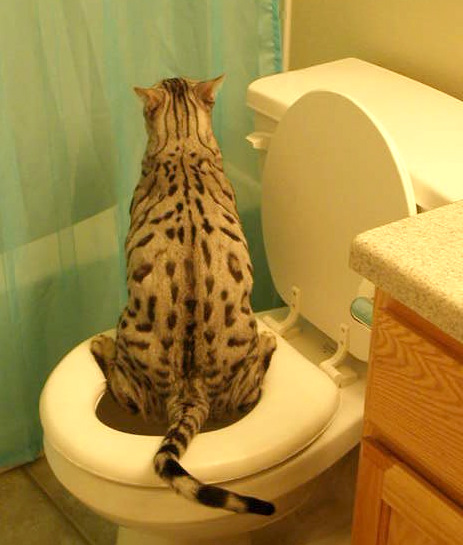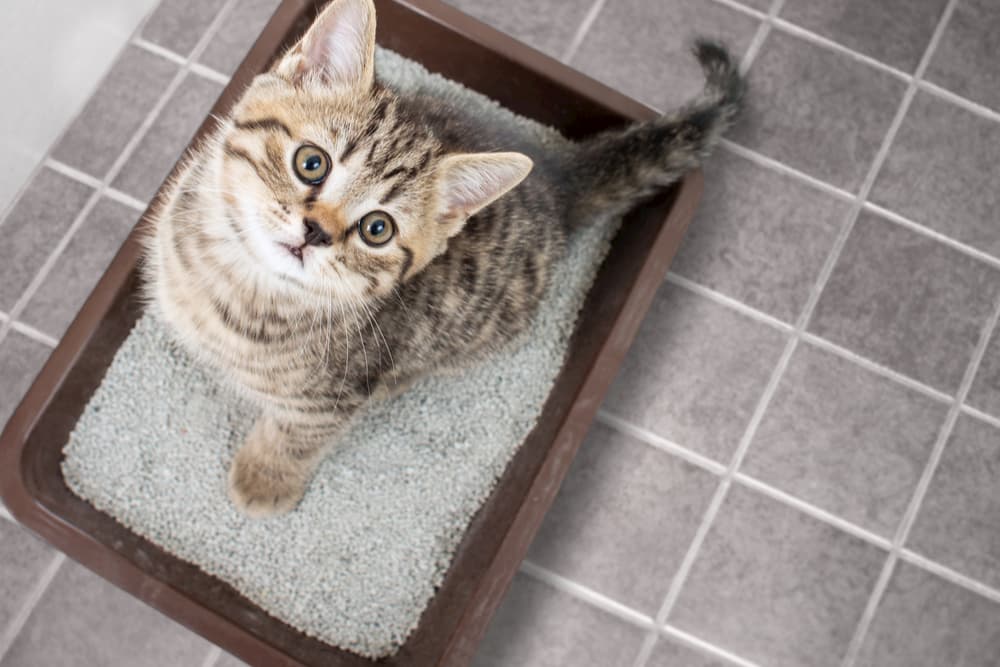The Dangers of Flushing Cat Poop Down Your Toilet - Tips for Better Handling
The Dangers of Flushing Cat Poop Down Your Toilet - Tips for Better Handling
Blog Article
This article following next about Can You Flush Cat Poop Down The Toilet? is truly stimulating. Read it for your own benefit and decide what you think about it.

Intro
As feline owners, it's essential to bear in mind just how we get rid of our feline buddies' waste. While it may appear hassle-free to flush feline poop down the bathroom, this practice can have detrimental repercussions for both the setting and human health.
Ecological Impact
Purging cat poop presents dangerous microorganisms and parasites right into the supply of water, posturing a substantial risk to water communities. These pollutants can adversely affect marine life and concession water top quality.
Health Risks
In addition to ecological issues, flushing pet cat waste can additionally present wellness risks to people. Feline feces might have Toxoplasma gondii, a parasite that can cause toxoplasmosis-- a potentially severe disease, especially for expecting ladies and individuals with damaged body immune systems.
Alternatives to Flushing
Thankfully, there are safer and much more responsible means to take care of pet cat poop. Think about the complying with alternatives:
1. Scoop and Dispose in Trash
One of the most typical method of disposing of pet cat poop is to scoop it into a biodegradable bag and throw it in the trash. Be sure to use a committed trash scoop and dispose of the waste without delay.
2. Usage Biodegradable Litter
Choose eco-friendly feline trash made from products such as corn or wheat. These clutters are environmentally friendly and can be securely thrown away in the garbage.
3. Bury in the Yard
If you have a yard, think about hiding feline waste in an assigned location far from vegetable gardens and water sources. Make certain to dig deep sufficient to avoid contamination of groundwater.
4. Install a Pet Waste Disposal System
Buy a family pet garbage disposal system particularly developed for feline waste. These systems use enzymes to break down the waste, reducing smell and environmental effect.
Conclusion
Accountable pet possession expands beyond giving food and shelter-- it likewise entails appropriate waste monitoring. By refraining from flushing feline poop down the commode and opting for alternate disposal approaches, we can decrease our environmental footprint and secure human health and wellness.
Why You Should Never Flush Cat Poop Down the Toilet
A rose by any other name might smell as sweet, but not all poop is created equal. Toilets, and our sewage systems, are designed for human excrement, not animal waste. It might seem like it couldn’t hurt to toss cat feces into the loo, but it’s not a good idea to flush cat poop in the toilet.
First and foremost, assuming your cat uses a litter box, any waste is going to have litter on it. And even the smallest amount of litter can wreak havoc on plumbing.
Over time, small amounts build up, filling up your septic system. Most litter sold today is clumping; it is made from a type of clay that hardens when it gets wet. Ever tried to scrape old clumps from the bottom of a litter box? You know just how cement-hard it can get!
Now imagine just a small clump of that stuck in your pipes. A simple de-clogger like Drano isn’t going to cut it. And that means it’s going to cost you big time to fix it.
Parasitic Contamination
Believe it or not, your healthy kitty may be harboring a nasty parasite. Only cats excrete Toxoplasma in their feces. Yet it rarely causes serious health issues in the cats that are infected. Most people will be fine too if infected. Only pregnant women and people with compromised immune systems are at risk. (If you’ve ever heard how women who are expecting are excused from litter cleaning duty, Toxoplasma is why.)
But other animals may have a problem if infected with the parasite. And human water treatment systems aren’t designed to handle it. As a result, the systems don’t remove the parasite before discharging wastewater into local waterways. Fish, shellfish, and other marine life — otters in particular — are susceptible to toxoplasma. If exposed, most will end up with brain damage and many will die.
Depending on the species of fish, they may end up on someone’s fish hook and, ultimately on someone’s dinner plate. If that someone has a chronic illness, they’re at risk.
Skip the Toilet Training
We know there are folks out there who like to toilet train their cats. And we give them props, it takes a lot of work. But thanks to the toxoplasma, it’s not a good idea.

As a devoted person who reads about How to Dispose of Cat Poop and Litter Without Plastic Bags, I assumed sharing that piece of content was really helpful. Sharing is nice. Helping people is fun. Thanks a lot for taking the time to read it.
Get Started Report this page